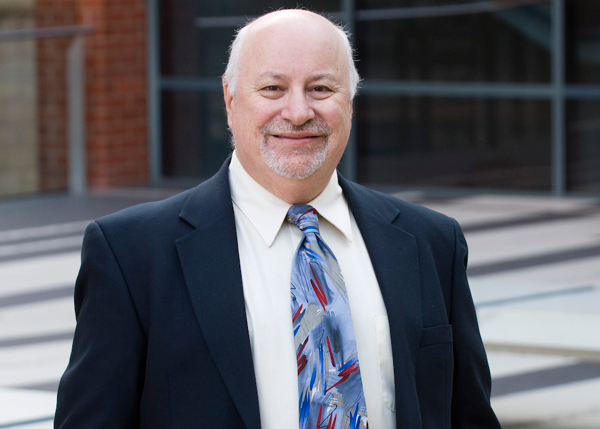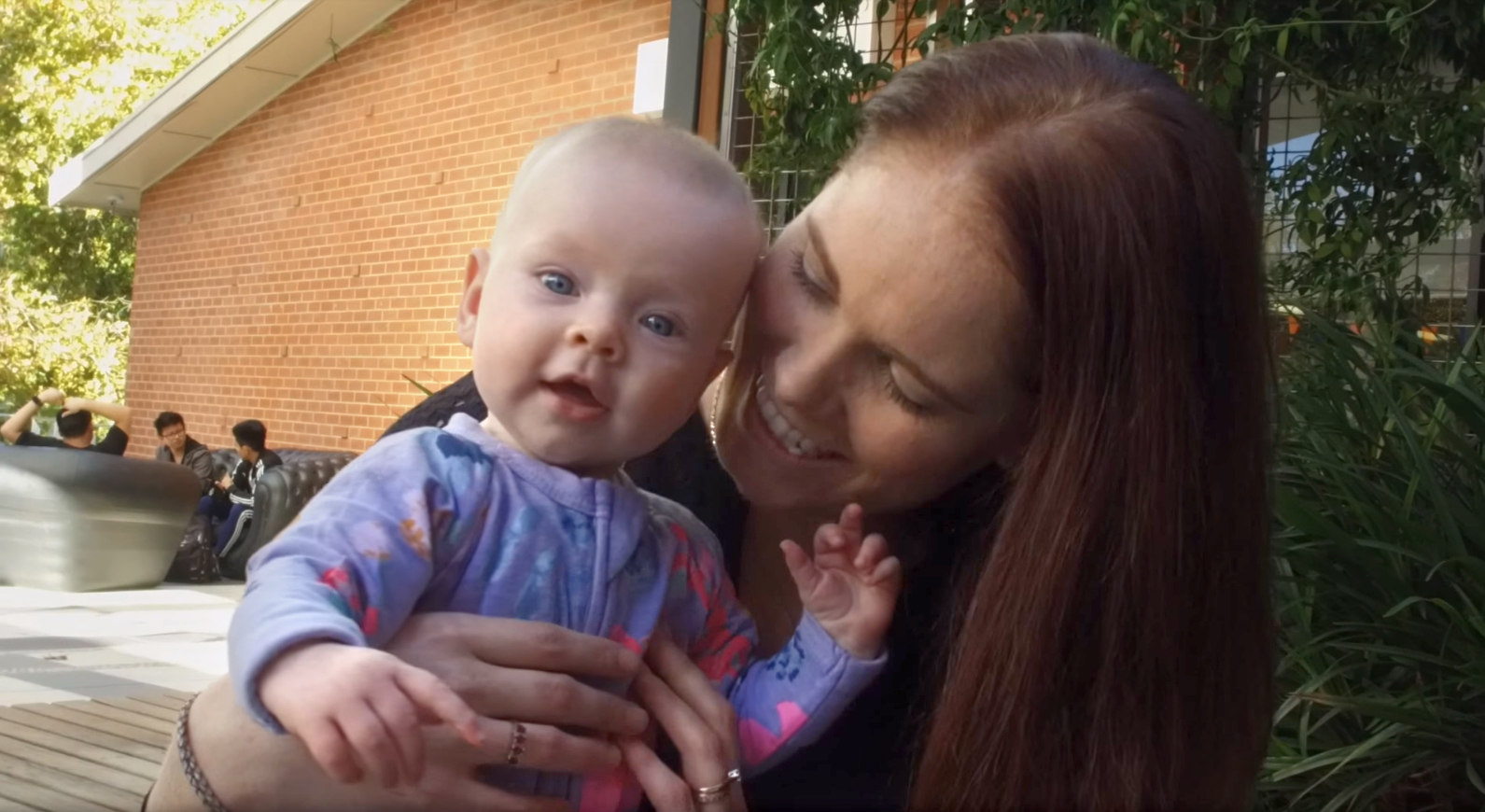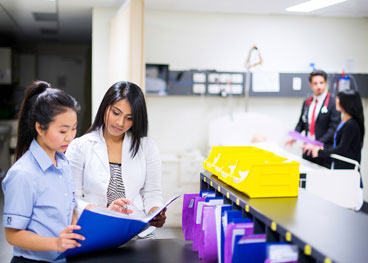UniSA researchers, together with academics and researchers across all UniSA disciplines, are making great strides in preventing illness, improving health systems and services, creating more effective therapies, and advancing health equality.
UniSA has experts in a long list of health research fields, including:
The UniSA Bradley Building is an integral part of UniSA’s collaborative and holistic approach to health research. Situated in the South Australian Health and Biomedical Precinct on North Terrace, the Bradley Building is a vibrant hub for new health research, teaching and community engagement opportunities.
 Our health research extends beyond the microscope. By identifying ways to change unhealthy behaviours at the community level our research is helping to inform public health policy.
Our health research extends beyond the microscope. By identifying ways to change unhealthy behaviours at the community level our research is helping to inform public health policy.
UniSA is developing new guidelines on which common medicines are safe to interact, and addressing the quarter of hospitalisations of older Australians caused by poor medication-related primary care before admission.
Biostatistics research led by Professor Adrian Esterman is finding patterns of disease occurrence and the evidence to support new treatments, controls and disease prevention strategies. Projects he is currently supervising could lead to new guidelines for vascular insertions (e.g. PICC lines) used to treat patients in acute care, more accurate liver measurements prior to surgery, new incentives to prevent women from drinking alcohol during pregnancy, new guidelines for supportive care needs for families with children who have a rare disease, as well as new screening tools for cancer-causing conditions such as Barrett’s Oesophagus.
In our Experimental Therapeutics Lab, researchers are focussed on mosquito borne illness - applying their 100% success rate vaccination for Chikungunya to the deadly Zika virus.
Our researchers seek to forge a deeper understanding of chronic conditions and translate this knowledge into clinical tools to improve the lives of people faced with prolonged illness.
Chronic pain is one of Australia’s greatest health burdens. Professor Lorimer Moseley is an internationally recognised cognitive neuroscientist who specialises in chronic pain. He leads the Body in Mind research cohort at UniSA where they are shedding light on how the brain responds and processes pain as a defence mechanism. The team are working to change the clinical approach to pain treatment in Australia to create more effective non-opioid pain reduction therapies.
Mental illness impacts approximately 20% of the Australian population each year. Professor Nicholas Procter and his team lead a number of research projects to reduce the impact of mental health and suicide on our society. Focusing on a person centred approach, Professor Procter’s team work to change clinical care practices to ensure a more compassionate system of care is established with an improved response to trauma and suicide risk.
>Learn more: Pain and mental health research at UniSA
 At UniSA, our researchers work in partnership to build a framework for wellbeing across the lifespan that values and enables people of all ages.
At UniSA, our researchers work in partnership to build a framework for wellbeing across the lifespan that values and enables people of all ages.
Working on the very earliest stages of life, part of Professor Janna Morrison and her team’s research is focussed on ensuring babies have the very best opportunities to live long and healthy lives. A particular research focus of this team is on the link between low birth weight, low nutrient supply from the placenta and increased risk of developing cardiovascular disease later in life. This research seeks to find the links between certain events before birth and the development of life limiting diseases in order to find intervention and clinical tools to reduce the burden of chronic disease. >Learn more
At the other end of the age spectrum, Dr Ashleigh Smith and her colleagues are investigating ways to reduce the risk and onset of cognitive impairment, which can lead to cognitive decline and dementia. One approach is looking to slow down age related cognitive decline through exercise by exploring the link between physical activity, brain health, learning and memory, that is showing that even small amounts of exercise can protect learning and memory mechanisms in the brain.
>Learn more: Dr Ashleigh Smith's work to discover a biomarker for dementia
UniSA's Drs Gunnar Keppel and Sharolyn Anderson are working with Associate Professor Craig Williams from the Sansom Institute to explore how healthy environments with rich biodiversity can improve human health.
The mosquito’s ability to quickly spread infectious diseases make them one of the deadliest animals on earth. Taking his knowledge of the importance of ecological biodiversity, Dr Keppel has been exploring the health of vegetation and the prevalence of viruses in mosquitos. This research is showing that a healthy environment creates a microclimate that can reduce the impact of heat waves and in turn reduce the number of known disease carrying breeds of mosquitos.
This research is first of its kind. It will inform a new holistic approach to disease control to influence healthy land management for improved human health.

Professor Doug Brooks is leading a multi-institute project that is creating a simple cure for viral illnesses.
 UniSA’s Community Clinics offers a myriad of opportunities for researchers to much sooner trial new treatments on the patients who need them most.
UniSA’s Community Clinics offers a myriad of opportunities for researchers to much sooner trial new treatments on the patients who need them most.
From research trials improving stroke rehabilitation and access to midwifery services, to projects run in collaboration with elite sport partners on 3D gait analysis and human movement, UniSA’s research findings are having a direct impact on the health and physical wellbeing of our community while also providing the community with an affordable means of accessing clinic services.
100% of your gift will go directly to support health research at UniSA – there are no administration fees, no overheads and no hidden costs.
This way you can ensure that your money is put to work immediately to find the results and the solutions we all need.